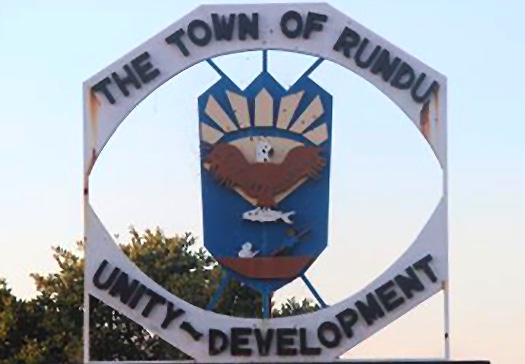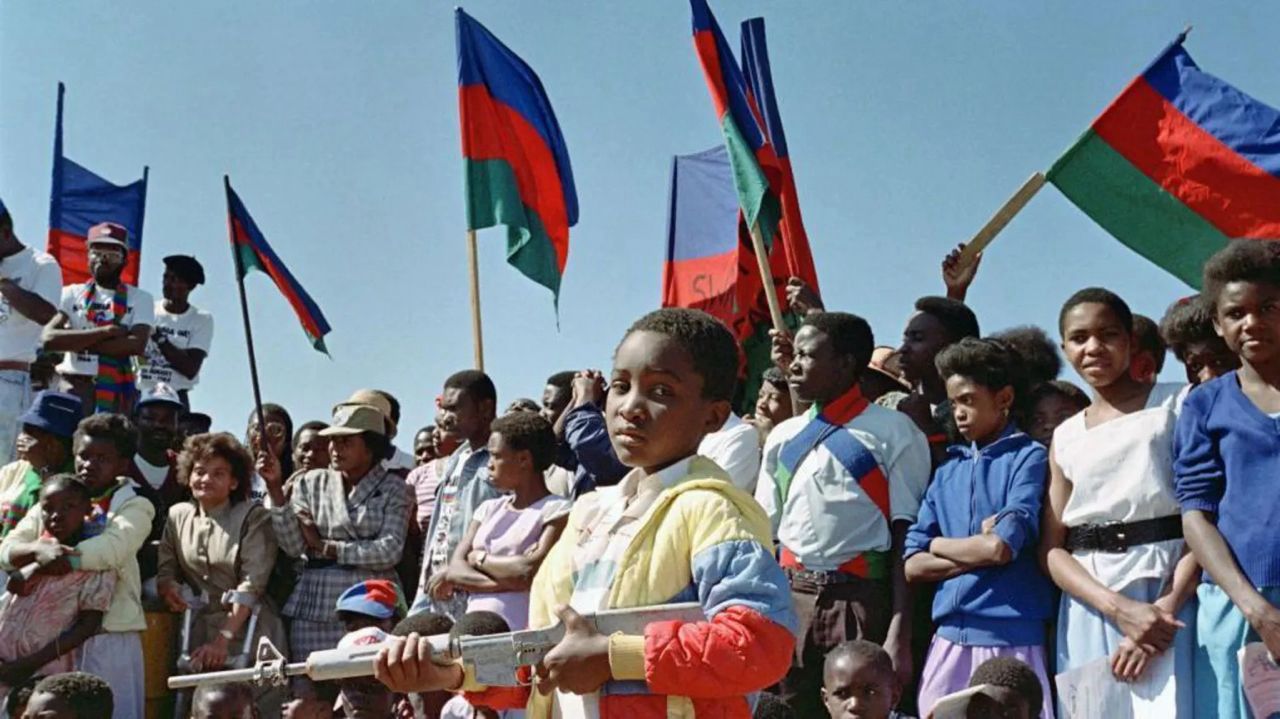THE Rundu Town Council says it is in the process of locating all supporting documents and proof of expenditure as requested by the parliamentary standing committee on public accounts and the economy, but needs time.
The committee during a public hearing with officials from the town council on its financial matters two weeks ago requested the council to submit these documents within seven working days after it was discovered that the council could not account for about N$134 million in public funds.
The councils strategic finance executive, Sam Nekaro, who acted as chief executive officer during the hearing, last Monday after the seven-day period lapsed, said the council is considering to request an extension of this period.
“ … to give us time to find the other invoices, but what we promise to give, we will hand them in,” he said.
He said invoices for more than N$1 million have been found, and the council is in the process of locating other supporting documents.
“If we are given time, we could find some of these things were missing,” Nekaro said.
The Rundu Town Council obtained an adverse opinion for its 2016/17 financial year from auditor general Junias Kandjeke for failing to provide statements and supporting documents on the councils expenditure.
The auditor generals report showed that the financial reporting framework used by the council did not apply to public interest entities, and that supporting documents for trade and other payables amounting to N$3,2 million were not provided.
Supporting documents for value-added tax provisions amounting to N$46 million, and expenditure vouchers amounting to N$3,7 million were not submitted either.
The report further stated there were unexplained differences on the councils bank reconciliation amounting to N$45 million, as well as an undisclosed bank account, called Rundu Urban Community, which has become dormant.
The report showed an unexplained difference in bank reconciliation of N$42 million, as well as an unexplained difference of N$29,7 million on outstanding debtors for the 2015/16 financial year.
A lack of supporting invoices for expenses amounting to N$53 million, as well as for land sales, sundry income and the Road Fund Administration contribution of N$13,7 million were also detected.
Chairperson of the committee Peter Kazongominja, when asked if the committee has received evidence, said he was not aware if the evidence was submitted, since the submissions are done through the secretariat of the committee.
If evidence has not been submitted, the committee would meet the following week and look for a way forward, he said.
“If they request for an extension, it should be made in writing. We will then forward it to the Office of the Auditor General, whether that extension can be accepted or not, because everyone should state factually why they want an extension,” Kazongominja said.
Stay informed with The Namibian – your source for credible journalism. Get in-depth reporting and opinions for
only N$85 a month. Invest in journalism, invest in democracy –
Subscribe Now!






